B.S. in Natural Resources
Take your career outside to build new solutions for the environmental and human pressures affecting our world.
Our natural resources degree program gives you a solid foundation in the conservation and management of water, animal populations, rangelands, wildlands, fisheries and human impacted landscapes.
Why major in natural resources?
Your love for the natural world can lead to a rewarding, influential career that allows you to apply your enthusiasm, talents, and knowledge to solve conservation, management, and science challenges. You’ll have many opportunities to take part in field and laboratory experiences, joining faculty and staff as we seek out new ways to relieve the stress that environmental and human pressures have on our ecosystems.
- Confirm whether you meet University of Arizona eligibility requirements based on your application type:
- Start your university application. To request a paper application, contact admissions at 520-621-3237 or admissions@arizona.edu.
- Finalize and submit your materials before the application deadline. The review process typically takes 2-3 weeks.
Students in the School of Natural Resources & the Environment have exclusive access to nearly $88,000 program-specific scholarships, awarded from 22 different scholarships -- in addition to $230,000 in scholarships that are available to all or most students in the College of Agriculture, Life & Environmental Sciences.
Western University Exchange Program (WUE)
If you're an out-of-state student from a participating WUE program state or territory, you may be eligible for tuition savings when enrolled in this program.
A degree in natural resources will prepare you to work in fields focused on the conservation and management of our environment, ensuring sustainable use of our natural resources, and promoting long-term ecological balance. A B.S. in Natural Resources also serves as a springboard into graduate school.
According to the U.S. Bureau of Labor Statistics, the median pay for careers related to conservation scientists and foresters was $68,300 per year. There are a variety of career opportunities available to students who complete a B.S. in Natural Resources, including:
- Wildlife biologist: Study the biology, behaviors, and habitats of a variety of animals in the wild and contribute to their conservation or restoration.
- Natural resources manager: Supervise work related to research and development, and coordinate activities such as field and lab data acquisitions, testing, quality control, and development of environmental or ecological management plans.
- Rangeland restoration manager: Guide the sustainable management of rangeland for the benefits of current stakeholders and future generations.
- Watershed eco-hydrologist: Serve as the technical lead for surface and groundwater monitoring and data collection for public and private entities focused on safe water and environmental sustainability.
- Fisheries technician: Assess and restore wild fish populations, guide the rearing and transport of hatchery fish populations, collect and record stream and lake data, and manage hatchery or aquaculture facilities.
As a natural resources student at the University of Arizona, you’ll learn how to integrate ecological management, wildlife and fisheries, rangelands, conservation, policy, geospatial technologies, economics, and planning to develop solutions to manage our natural resources. Courses required to complete a bachelor of natural resources are subject to change, so remember to meet with your advisor regularly to review your course plan.
Natural resources students have the unique opportunity to gain fundamental and applied experience in the classroom, lab and field with courses like:
- Zoo and Aquarium Conservation
- Natural Resource Management in Native Communities
- Sustainable Cities and Societies
- Rangeland Plant Communities of the West
- Diseases of Wildlife
- Fishery Management
Program emphases
Choose from six emphases to earn your Bachelor's of Science degree in Natural Resources.
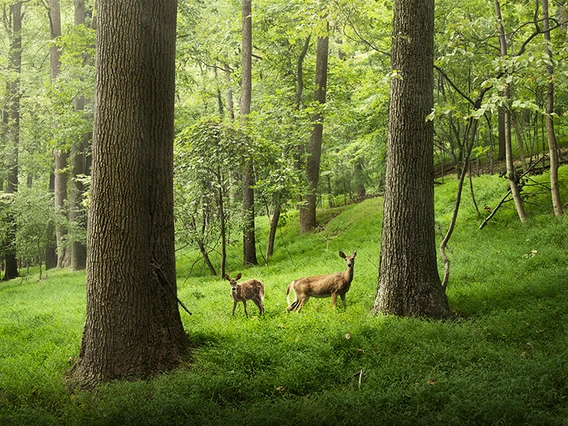
Prepares you for careers as conservation biologists, conservation planners, ecologists, environmental educators, researchers, and resource managers.
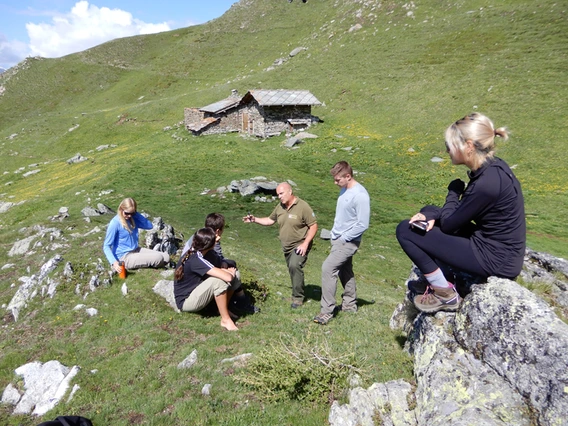
Prepares you for a broad range of careers with government agencies, non-profit and conservation organizations, and private landowners.
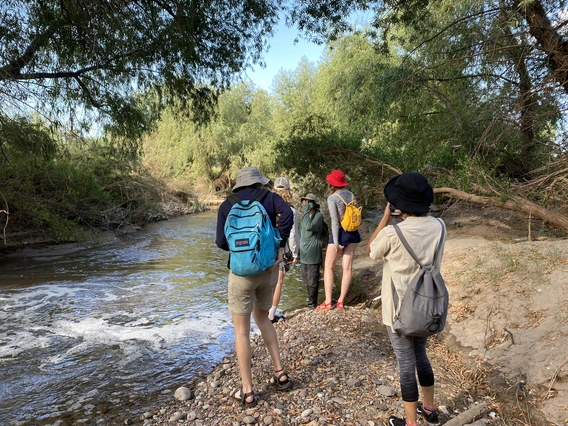
Prepares you for careers in fisheries management working for federal agencies such as the Fish and Wildlife Service and National Park Service, or state game and fish departments.
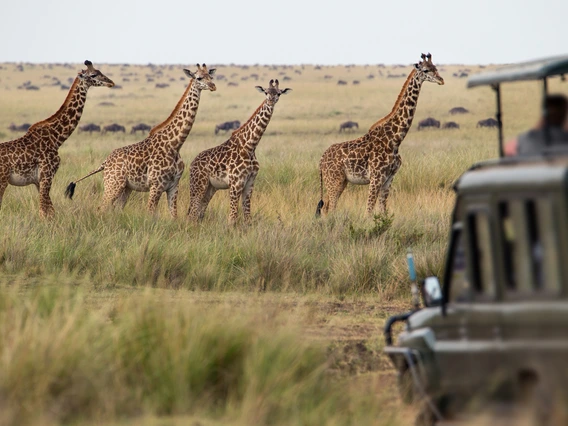
Prepares you for careers working as natural resources scientists and managers in public and private sectors for a rapidly changing world.
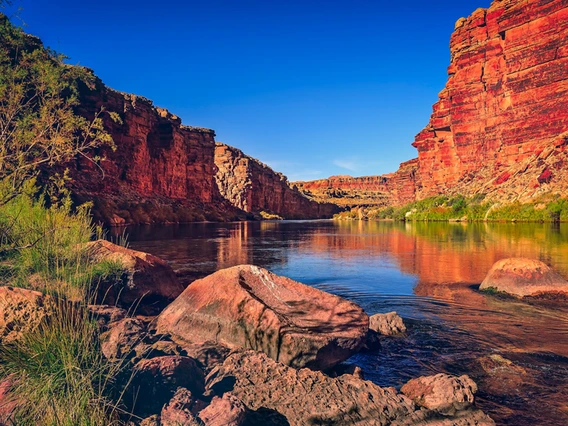
Prepares you for careers in organizations concerned with integrated land and water management, the environment, or societal water resources such as municipal water districts and federal or state agencies.
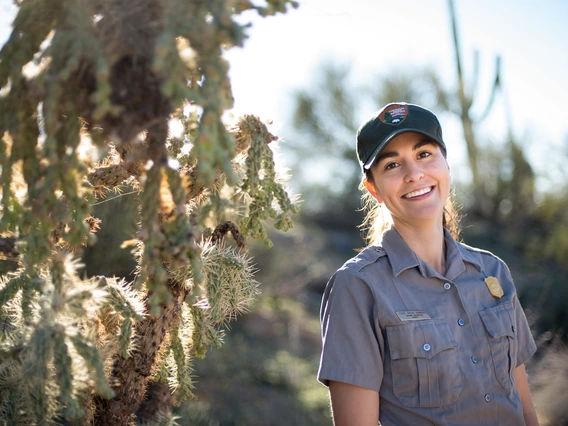
Prepares you for careers in wildlife conservation working for federal agencies such as the Fish and Wildlife Service, Forest Service, Bureau of Land Management, and state departments of wildlife or natural resources.
Western University Exchange Program (WUE)
If you're an out-of-state student from a participating WUE program state or territory, you may be eligible for tuition savings when enrolled in this program.

